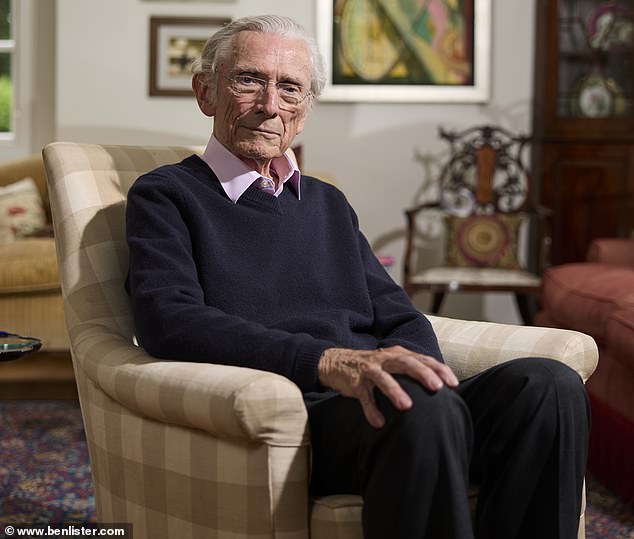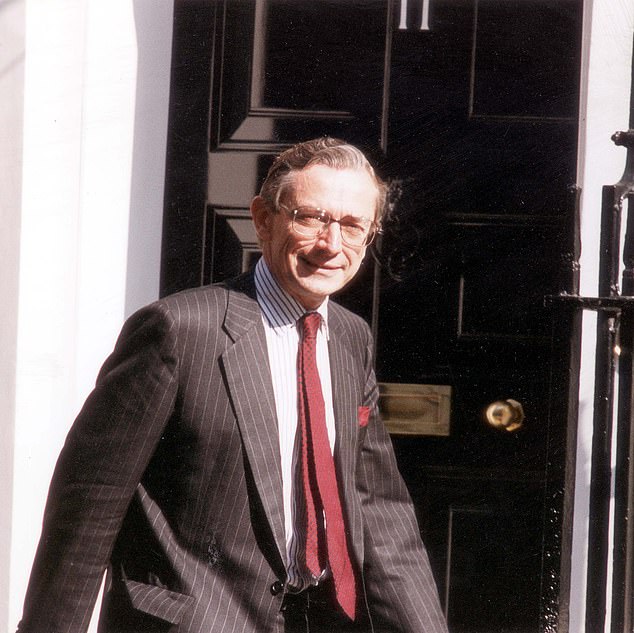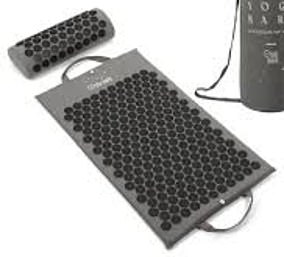The symptoms of my heart attack were so mild that I didn’t realise I was having one – I had to have emergency surgery the next day
As a former Secretary of State for Health, Norman Fowler thought he had enough knowledge to recognise immediately whether he was having a heart attack.
“I assumed that if I had one it would be dramatic and painful and that I would collapse, but that was not the case at all,” said Lord Fowler, who was health minister for six years in the 1980s, during Margaret Thatcher’s premiership.
The tall, thin 86-year-old suffered a heart attack in May at his west London apartment, when blood flow to the heart is partially or completely blocked by a blood clot in one of the main coronary arteries.
He recalls slumping into a chair in the hallway after “suddenly feeling pressure on his chest,” and his wife Fiona, 78, immediately realized something was wrong.
Former Health Secretary Lord Norman Fowler, 86, and his wife Fiona, 78

Lord Fowler with former Prime Minister Margaret Thatcher at a conference in Brighton in 1992
“He was gray in the face, but still conscious. I had never seen him like this before,” she recalled.
‘I thought it was a stomach problem at first because he could talk to me.’
Although a pressing pain in the centre of the chest, combined with nausea and pain in one or both arms are classic symptoms of a heart attack, the symptoms are less obvious in some older people, says Professor Bryan Williams, medical director at the British Heart Foundation.
He explains: ‘A family member may notice that he or she is not feeling well; delirium can also be a symptom of a heart attack in an older person.’
For some older victims, confusion and weakness are the only signs that they are dealing with a potentially life-threatening event.
Although Fiona didn’t initially realise how serious the situation was, she called 111 anyway. ‘If I had known it was a heart attack I would have called 999, but I didn’t think it was that serious,’ she says.
Two ‘very capable’ paramedics were sent to the scene, performed an electrocardiogram (an electrical recording of the heart to check for signs of a heart attack) and examined Lord Fowler.
“They didn’t have long faces either, because then I would have thought: ‘I’m done for!’” he says dryly.
At nearby Charing Cross Hospital he was tested for troponin, a protein released by the heart when it is short of oxygenated blood. Three hours later it was confirmed that he had indeed suffered a heart attack, caused by a partial blockage of an artery.
Later that day he was transferred to the first-class coronary care unit at Hammersmith Hospital, where he was put on a monitor and kept under observation until his emergency operation the following day to open the blocked artery.
‘It’s vital to monitor the heart in the hours after a heart attack; it’s a vulnerable time,’ says Professor Williams. To clear the blockage, surgeons inserted a thin, hollow probe – called a catheter – into an artery in Lord Fowler’s groin and threaded it up to the blocked artery.
They then inserted a tiny mesh tube – a stent – through the catheter to open the artery and restore blood flow to the heart. About 300 people are admitted to hospital every day with a suspected heart attack. Most attacks are caused by hardening of the arteries, caused by a buildup of fatty plaques. This is usually due to high blood pressure, high cholesterol or type 2 diabetes.
The good news is that the number of heart attacks and strokes in the UK has fallen (by about 30 per cent between 2000 and 2019, according to a study in the BMJ). Survival rates have also improved, says Professor Williams.
‘When I started as an NHS clinician, about seven out of ten people would eventually die from an acute heart attack. With new drugs and interventions, such as stents, seven out of ten now survive.’
But about 20 percent of victims will be hospitalized a second time within five years, according to a report from the American Heart Association. Survivors are given advice on making lifestyle and dietary changes to prevent another attack.
Doctors could not say what caused Lord Fowler’s heart attack. He did not have high blood pressure or any particular stress. It seems that it was due to his age.
Lord Fowler did indeed think he was ‘eating quite healthily, but my diet is now even stricter and I don’t eat things like apple crumble any more, which is a source of sadness,’ he says.
Instead, the focus is on a Mediterranean diet – lots of salads and vegetables, with the occasional treat. Four months later, he’s recovered well. But as well as changing his diet, he’s had to make some pretty big changes in his life.
Doctors have told him he needs to take it easy to avoid putting too much strain on his heart. “That’s easier said than done for someone who has been so involved in politics for the past 50 years,” says Lord Fowler, who was Lord Speaker of the House of Lords from 2016 to 2021 and recently published a retrospective of his time in government, The Best Of Enemies: Diaries 1980-97.

Doctors could not say what caused Lord Fowler’s heart attack – it appears to have been age-related

Lord Fowler outside 11 Downing Street in 1993 for a Cabinet meeting
He has also been ordered to do daily exercises such as knee and arm raises, leg extensions, toe taps and chest presses – which he says he does religiously – to improve his overall fitness. (His Lordship duties in recent years have meant he has only done “moderate exercise, mainly gentle walking.”)
And now he takes a “daily cocktail of pills” to manage his condition, including blood thinners (aspirin and clopidogrel) to reduce the risk of future blockages or blood clots, statins, ramipril and lansoprazole (a proton pump inhibitor that reduces the production of stomach acid to counteract the effect of the other drugs on the stomach lining).
Professor Williams says this combination of drugs has ‘contributed enormously’ to improving patients’ survival after surgery. ‘So it’s really important that patients continue to take them,’ he adds.
A heart attack has changed Lord Fowler’s lifestyle. ‘It’s the first time I’ve come close to a condition that can have serious consequences, including death,’ he says. ‘It makes you think about your life in a different way and ask yourself if you’re taking on too much.’
He says he is now winding down his parliamentary work and “concentrating on a smaller number of issues”, such as completing a second volume of his diaries and campaigning “against the persistent stigma attached to AIDS in much of the world”.
As Minister of Health, he oversaw the launch of a powerful advertising campaign to warn the public about the dangers of AIDS.
Meanwhile, his wife insists she will keep an eye on him “to make sure he follows his doctor’s orders, does his exercises, takes his pills and stays away from his beloved apple crumble.”

